Breaking
- MENU
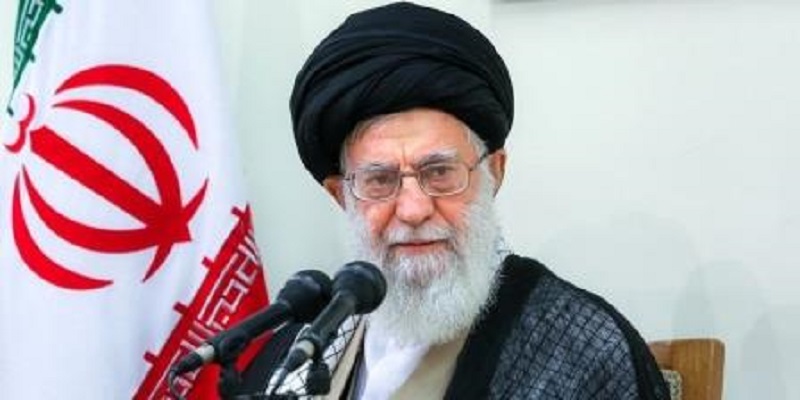
The nomination of Robert Malley, a veteran hand in Washington policy circles, as the Special Envoy for Iran, signals the new Biden administration’s priority in the Middle East. Re-engagement with Iran will overshadow other pressing regional issues such as the Arab-Israeli conflict, civil wars in Libya and Syria or domestic unrests in Iraq and Lebanon. For the Biden administration, revisiting and revising the Trump administration policy of ‘maximum pressure’ is a low-hanging fruit that could also assist its re-engagement with its European allies.
Flagged as a ‘specialist on conflict resolution’, Malley is no stranger to the Middle East. While much of the focus has been on the Obama years when he was part of the US team that negotiated the Iran nuclear deal, Malley was also a principal figure during the ill-fated Camp David talks between Israeli Prime Minister Ehud Barak and Palestinian Chairman Yasser Arafat in the summer of 2000. When most observers joined Barak in blaming Arafat for the summit meeting’s failure, Malley, then a special assistant to President Clinton, candidly wrote about Arafat’s position, constraints and compromises.
As a result, there are already concerns among the Republicans and the Israeli leadership over Malley’s new assignment in the light of his perceived pro-Iran and pro-Palestinian bias. Malley’s nomination signals that Iran continues to be the priority area for the Biden administration but with a positive twist. Since the election campaign, Biden has vowed to return to the nuclear deal from which the Trump Administration pulled out in May 2018, but it is easier said than done. For its part, Iran has increased its enrichment capabilities and, in the process, violated some of the terms and conditions of the nuclear deal signed in 2014. During the same period, Iran’s Arab neighbours, mainly Saudi Arabia and UAE, have come closer to Israel, the key critic of the nuclear deal.
It is essential to recognise the context of the Iran nuclear deal. The US was keen to pull out its troops from the Iraqi quagmire and had no stomach for another military confrontation with Iran over the nuclear controversy. Hence, the Obama administration ignored American allies’ concerns over the perceived Iranian hegemony and its development of long-range missiles that could easily strike Israel and Saudi Arabia. Washington also ignored regional concerns over Iranian involvement in various crises such as Lebanon, Iraq, Palestine, Syria and Yemen and worked for the nuclear deal. Hence, when President Trump tore up the deal, Iran felt betrayed, Europeans were stunned, but many in the Middle East were jubilant over the return of American sensitivity and respect towards its allies.
When it comes to Iran, the Biden administration cannot be Obama 2.0 and merely return to the status quo ante of 2018. The Biden administration’s policy would demand a formal engagement with Iran but with a greater sensitivity towards Iran’s regional adversaries. If the Obama administration was naive and insensitive towards the allies, the Trump administration demonised Iran, and President Biden will have to balance the two extremes. In practical terms, this would bring two changes. Re-engagement with Iran would have to be accompanied by a lower verbal duel between Washington and Tehran and some relaxation of secondary sanctions such as humanitarian and medical relief.
The removal of the Trump administration’s sanctions against Iranian oil exports is the key; President Biden might easily get into domestic trouble with the Republicans, whose support is critical for his agenda for an inclusive America. Hence, Malley would have to show tangible signs of Iranian compliance and accommodation before suggesting any sanction relaxation. With Iranian presidential elections due in June, the US would continue to be a hotly contested domestic issue and preclude any major concessions from Iran.
Malley’s appointment also signals the diminishing importance of the Israeli-Palestinian conflict under the Biden administration. Though some progress is likely, such as reopening the Palestinian mission in Washington and financial assistance, the new administration is unlikely to push for a breakthrough. It has already indicated that it would not reverse or overturn some of the Trump administration’s controversial decisions, such as Jerusalem as Israel’s capital and the shifting of the American embassy from Tel Aviv to Jerusalem. The spate of normalisation between Israel and Arab countries in the dying days of the Trump administration also lowered the regional appetite for prioritising the Palestinian track.
Moreover, the success of President Biden’s Iran policy rests on courting, convincing and enlisting the support of Iran’s Arab neighbours who have prioritised perceived Persian threats over Palestinian statelessness. If Iran is the priority of the Biden administration, what are the options for India? New Delhi was taken by surprise by not foreseeing the Trump administration’s sanctions on oil imports from Iran. While it managed to find supply alternatives, India exposed its vulnerability to US pressures by completely stopping Iranian oil. Moreover, through its inept and lackadaisical approach, New Delhi failed to capitalise on the opportunity provided to the Chabahar port, exempted from the Trump administration’s sanctions on Iran. Hopefully, South Block would be more attentive this time towards the winds of changes in Washington.
Note: This article was originally published in The New Indian Express on 6 February 2021 and has been reproduced with the permission of the author. Web Link
As part of its editorial policy, the MEI@ND standardizes spelling and date formats to make the text uniformly accessible and stylistically consistent. The views expressed here are those of the author and do not necessarily reflect the views/positions of the MEI@ND. Editor, MEI@ND: P R Kumaraswamy

Professor P R Kumaraswamy is Honorary Director of MEI@ND.

When peace is viewed as ‘surrender’, there is little one can accomplish. Without an effe.....

The magnitude of the missile attack on Israel carried out by Iran in the early hours of Sunday was u.....

While the details are still emerging, the Hamas attacks from the Gaza Strip on Saturday were well pl.....

The Libyan controversy reminds us of the more significant problem facing Israel. While the scale and.....
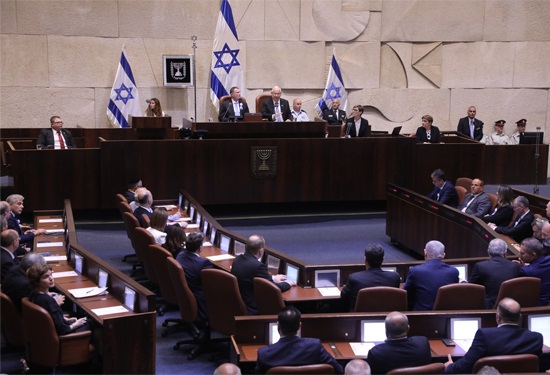
64-0! It should be an impressive vote in any country, especially in Israel, where a simple parliamen.....
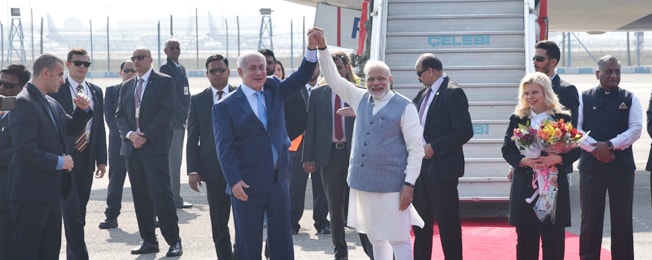
King Bibi is back! After one year in the Opposition, Benjamin Netanyahu, a close friend of Prime Min.....

Political instability is an integral and inseparable part of Israel’s landscape. For the fifth.....

Even by the Israeli standard of coalition fragility, the Bennett-Lapid government, which completed o.....

Soon to enter its fourth month, the Russian invasion of Ukraine has made irreversible damages to glo.....
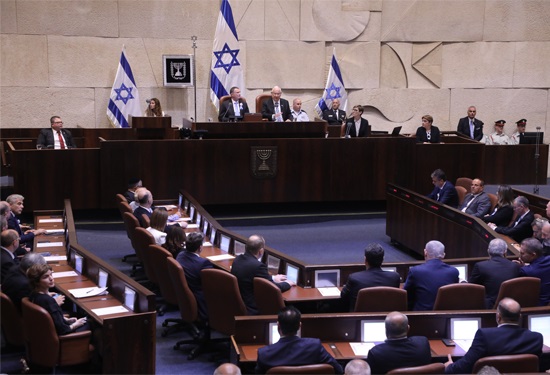
The visit of Israeli Prime Minister Naftali Bennett to India scheduled for last week had to be cance.....
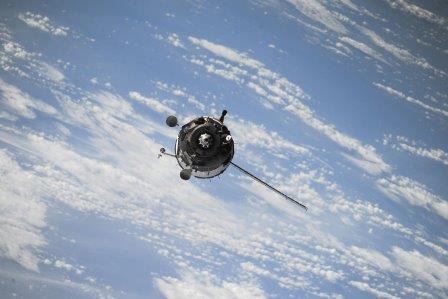
The drone attack on Abu Dhabi on Monday (January 17) by the Houthi rebels marks a major escalation o.....
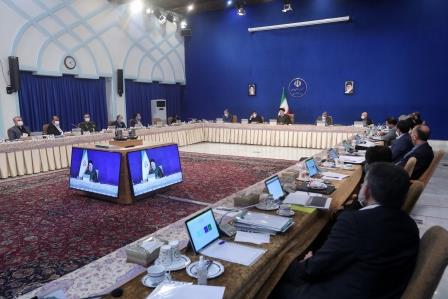
Of late, Israel-Iran shadow-boxing has been getting ominous. If Israel’s diplomatic offensive .....

In early November, Moscow hosted Mohammed Dahlan, a former right-hand man of Palestinian leader Yass.....

Nearly three decades after Prime Minister P V Narasimha Rao broke from the past and normalised relat.....

Earlier it was Pakistan and now China. So whatever India does and does not do externally has to be l.....

In several ways, the Taliban takeover of Afghanistan can be a game-changer in India’s worldvie.....

The Taliban takeover and its fallout exposed the limited diplomatic space for India in its immediate.....

Given the travel restrictions, local lockdown and sluggish economic revival, that over three lakh pe.....
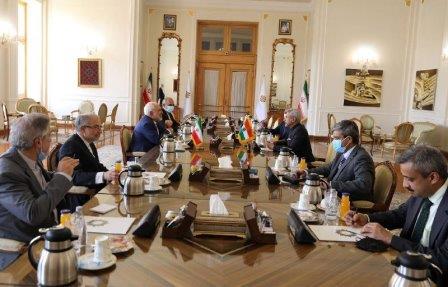
Since 2005, some critical decisions over Iran have been taken by the MEA’s US Division. So que.....
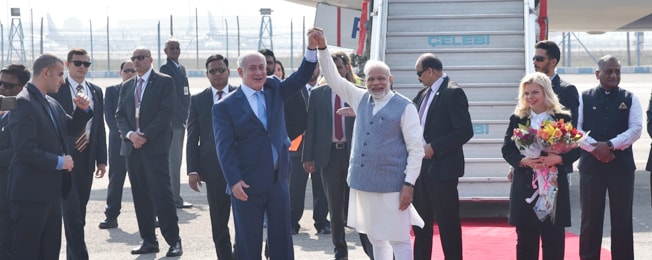
“Bibi dethroned”. This is the expression used in the Israeli media to describe the forma.....
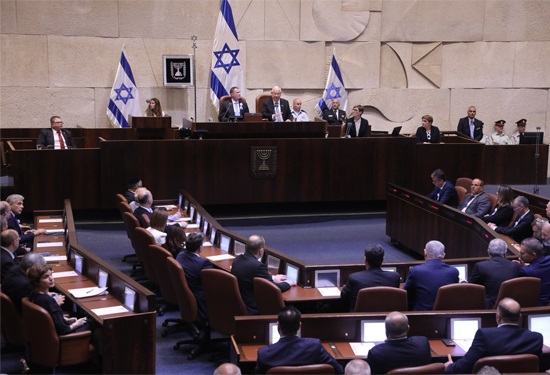
Despite having a woman prime minister in Golda Meir, female political representation in Israel has n.....

The most interesting aspect of the new Bennett-Lapid government in Israel is the emergence of Mansou.....

When it comes to mediating international crises, India’s track record is a mixed bag. In recen.....

Going by the Israeli media, it is clear that the arm-twisting by the Biden Administration forced the.....

Indeed, Hamas is better placed today than it was in January 2006 and the current round of violence i.....

While the international community wants de-escalation and an early end to the conflict, the chances .....
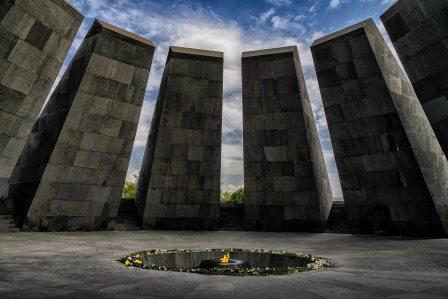
Ending the past silence, US President Joe Biden marked the Armenian Genocide Remembrance Day of Apri.....

The visit of Foreign Minister of Bahrain Abdullatif bin Rashid Al Zayani to India during 6-8 April r.....
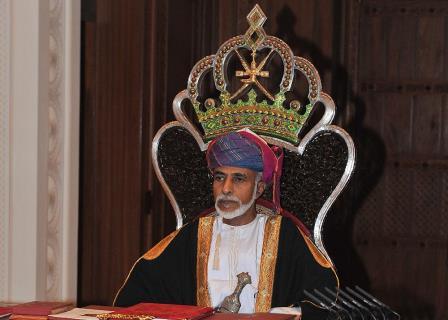
By posthumously bestowing the Gandhi Peace Prize for 2019 upon Sultan Qaboos of Oman, New Delhi seek.....
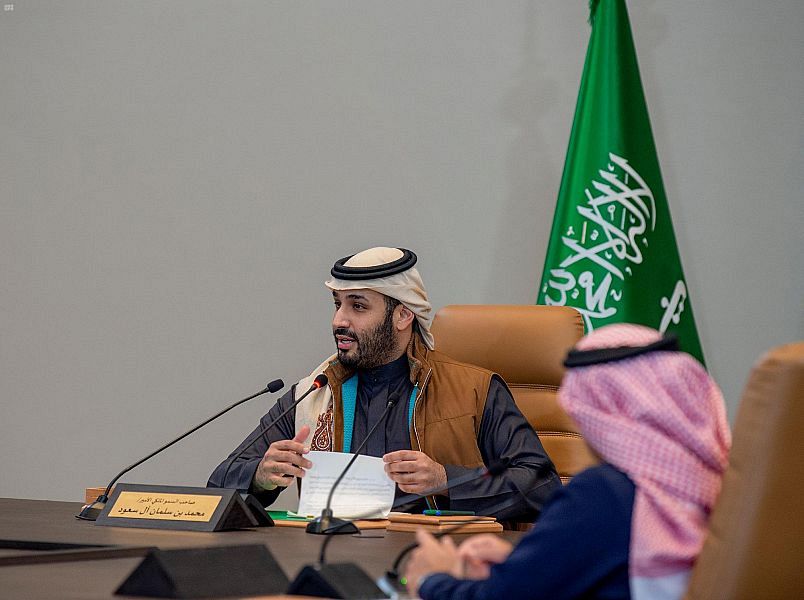
Much to the displeasure and discomfort of Saudi Crown Prince Mohammed bin Salman (more widely known .....
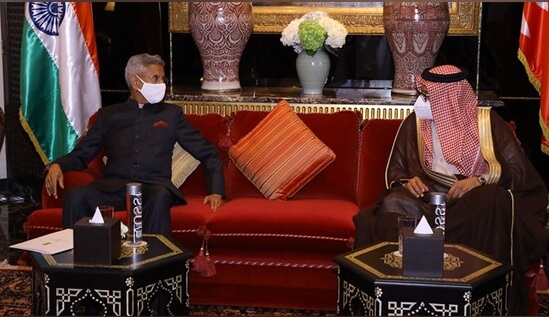
The two-day visit of External Affairs Minister S Jaishankar to the United Arab Emirates last week is.....
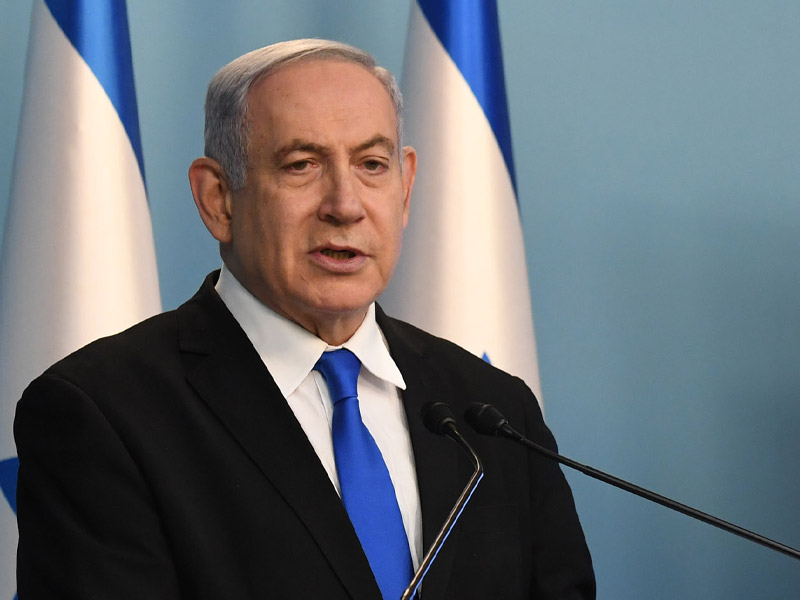
United Arab Emirates’ (UAE) decision to normalise relations with Israel is the most dramatic e.....
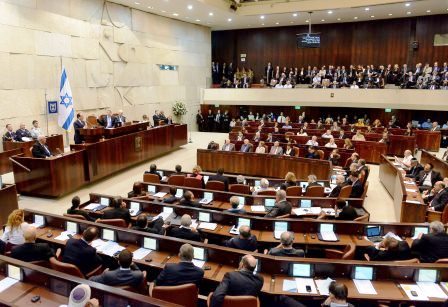
Declaring victory moments after the polling ends has become the hallmark of Benjamin Netanyahu; and .....

Israel went to polls for the 23rd Knesset on 2nd March. The third parliamentary elections within one.....
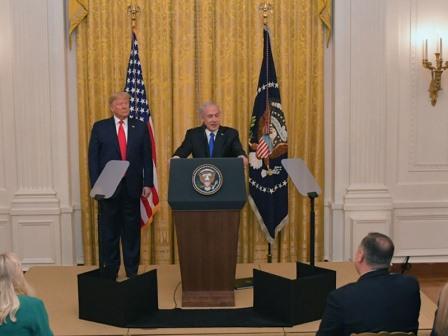
With possible removal from office hanging over their heads, US President Donald Trump and Israeli Pr.....

US Secretary of State Mike Pompeo’s sudden and unexpected announcement regarding Israeli settl.....

US President Donald Trump’s decision on imposing sanctions on Turkey has rocked the ever-turbu.....
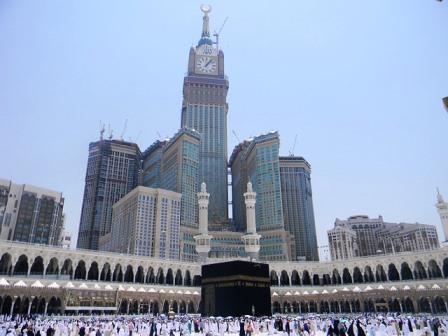
Prime Minister Narendra Modi’s two-day visit to the Kingdom of Saudi Arabia this week highligh.....

Prime Minister Narendra Modi's reported decision to postpone a planned visit to Turkey comes a c.....

With the sole and notable exception of Pakistan, India's relations with the wider Islamic world .....
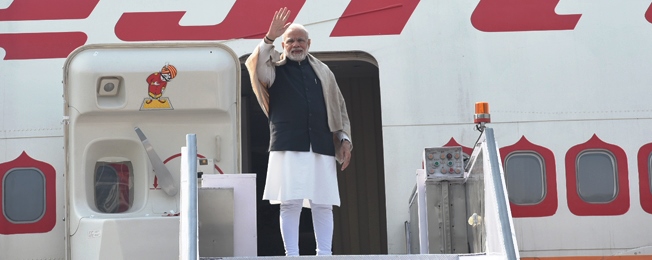
For a long time, India’s relationship with its extended neighbourhood in the Persian Gulf was .....

The Israeli legislative or Knesset election last week has turned out to be a rerun of the 9 April on.....
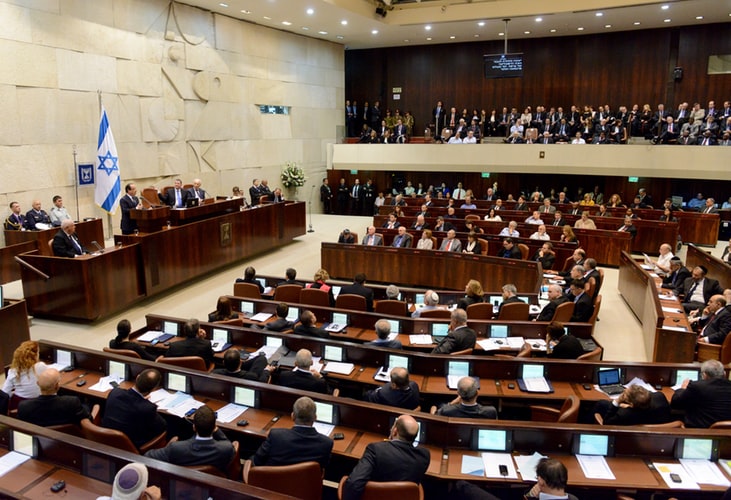
Will 2019 see a third Knesset election? This question is going rounds in Israel as it faces the seco.....
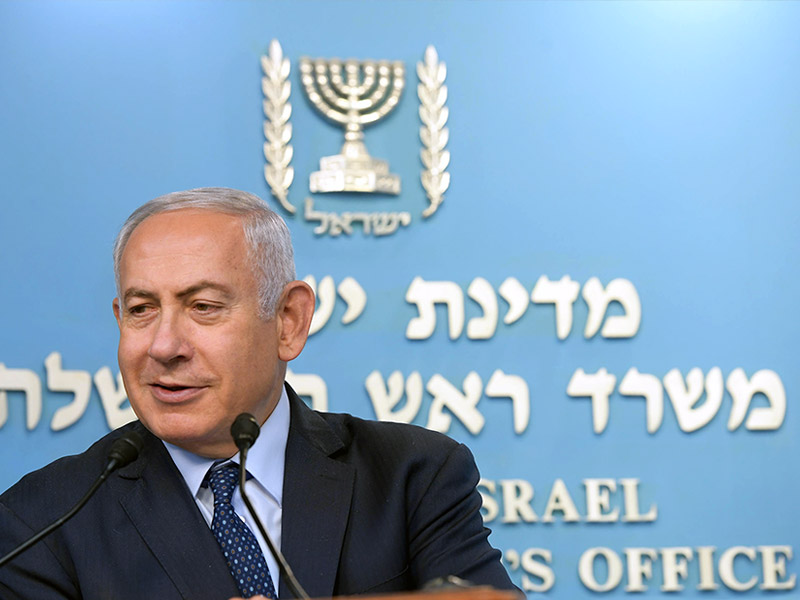
When he called Indian Prime Minister Narendra Modi to congratulate on his re-election with a landsli.....

The resounding re-election of Prime Minister Narendra Modi is a blessing for India's relat.....
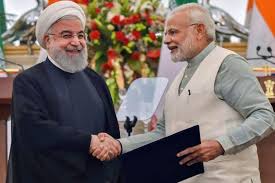
Iran is back in the news and for all the wrong reasons. It has been the unnecessary third .....
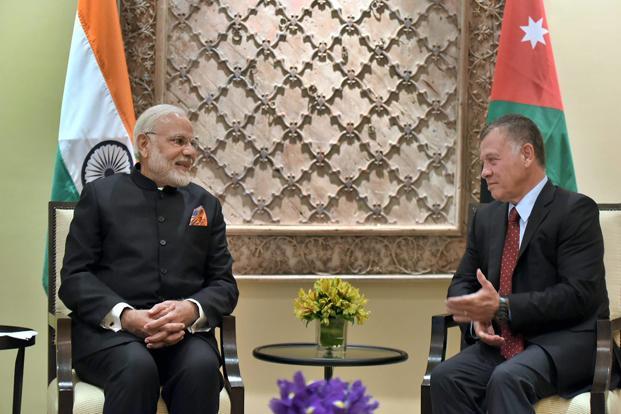
During the close to a century of its existence, the Hashemite Kingdom of Jordan has been, as former .....

In their eagerness to focus on and flag the de-hyphenation of the traditional Israel-Palestinian bin.....
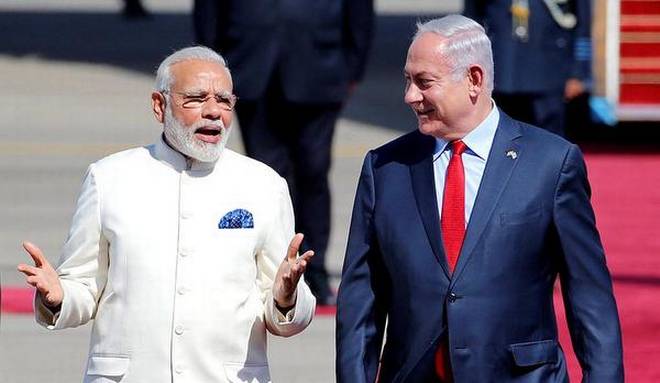
In the closely scrutinised India-Israel relationship, there is little in the public domain that rema.....

You know what, it will go to the dustbin’ my articulate friend was blunt, brutal but.....

Balfour Declaration, A Century Later If one were to make a list of the most influential.....

Professor Bernard Lewis—a towering personality on the Middle Eastern academic landscape—.....

B orn in Poland on 2 August 1923, Szymon Persk who later Hebraised his name as Shimon Peres was the leader.....
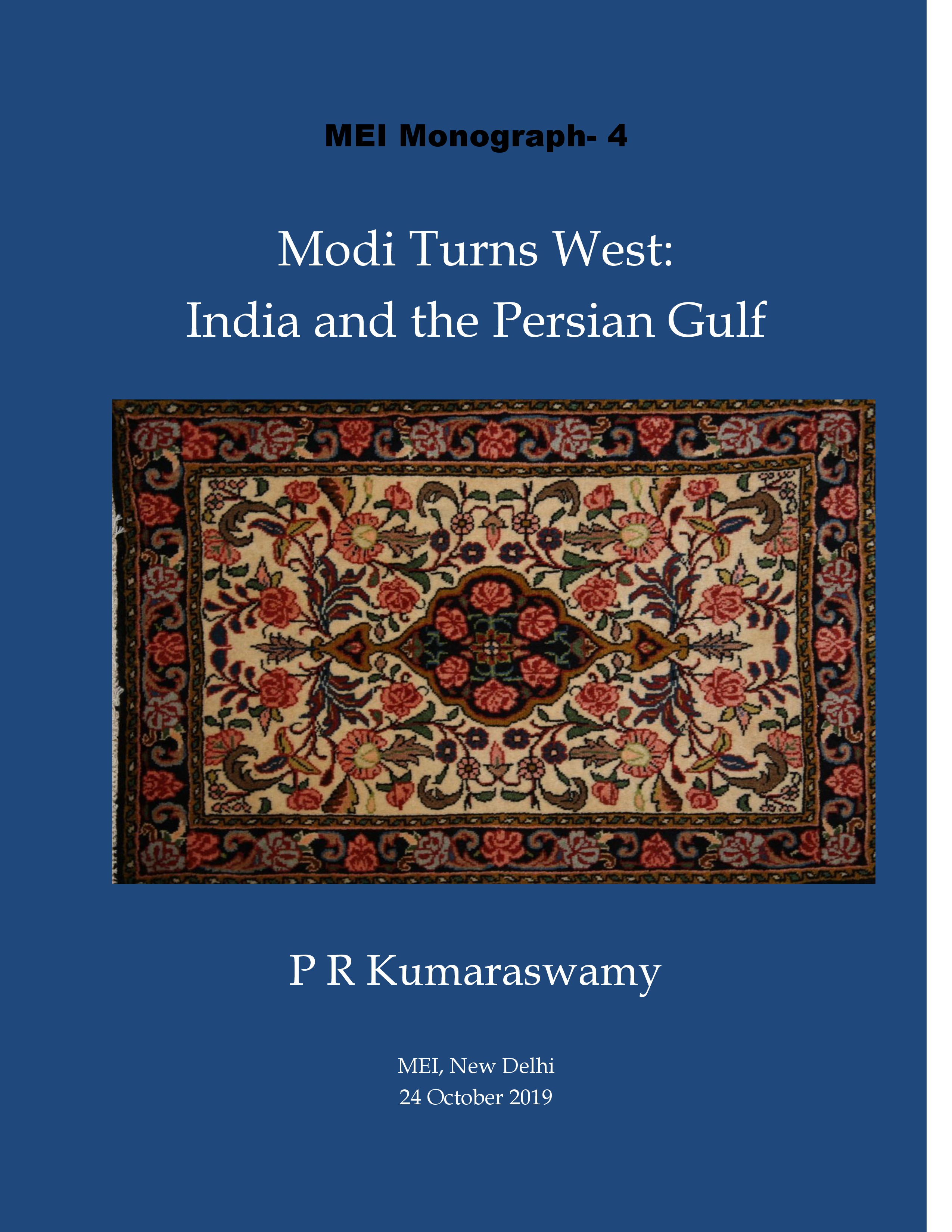
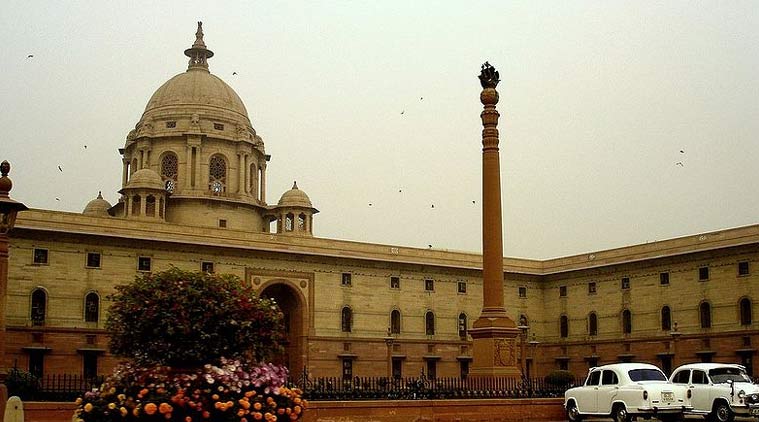
W hat What began as a protest by a marginalized vegetable vendor in Sidi Bouzid in Tunisia soon spread lik.....
